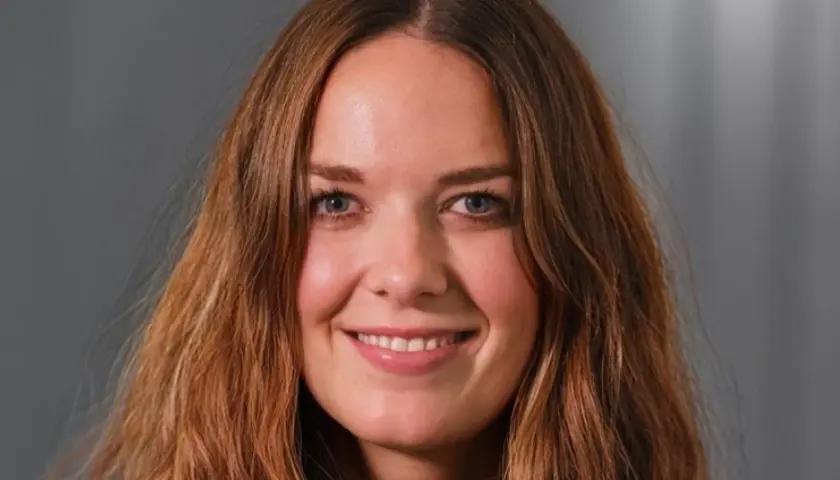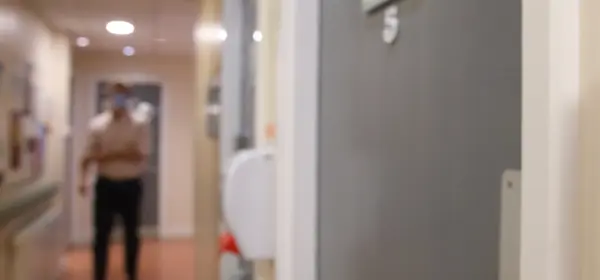
GPs describe work as ‘unmanageable’
BMA survey shows devastating effect of years of underinvestment in general practice in Scotland
Karen Hopkins used to be proud to tell people she was a GP – it used, she says, to be met with ‘respect and appreciation’. But things have changed.
‘Now when people ask me, I tell them and brace myself for the barrage of frustration I know is about to be thrust upon me. Not out of malice, but because people – my friends, my family, parents in the playground – are increasingly frustrated with the NHS and service that is not fit for purpose.
'Yet my colleagues and I in primary care are working harder than ever. Longer hours, no lunch breaks, logging on at home on unpaid days off or holidays.’
Dr Hopkins, a GP in Stepps, North Lanarkshire, is not alone.
A BMA Scotland survey on GP wellbeing and funding paints a picture of a profession on the edge. Almost half of those who responded say the future of their practices are unsustainable.
Funding restoration
Four in 10 say they are unable to meet patient demand for access, and 49 per cent say they are struggling to cope and that work is having an effect on their physical and mental wellbeing. Around a quarter describe their workload as ‘unmanageable’.
Iain Morrison, chair of the BMA Scottish GPs committee, said the survey shows the ‘devastating’ effect of years of underinvestment. He is calling on the Scottish Government to act to deliver full funding restoration for GP practices to stabilise the situation.
‘The findings of this survey show the crisis GPs across the country are facing and must act as a wake-up call to government that we need a radical change of approach as to how it supports general practice,’ he said.
‘At a time when we have record levels of demand, general practices are having to think about reducing services – we simply cannot continue to provide more and more for less and less resource.
‘It is a situation which is completely unsustainable and is taking a toll on GPs who are all too aware of the challenges patients can face in accessing services. GPs want to deliver a service they can be proud of, rather than one they need to apologise for.’
Nearly all those who responded to the survey indicated they could take on more GPs if they received adequate funding.
Sense of purpose
An additional 160 WTE (whole-time equivalent) salaried GPs could potentially be available, which would provide approximately 700,000 additional appointments annually.
This increase in capacity would be achievable if all sessional GPs seeking more work were able to secure their desired number of working hours, BMA Scotland said.
‘Patients will rightly be bewildered that there are GPs struggling to find enough work while they can face a struggle to get an appointment,’ Dr Morrison explained.
‘If the required funding was made available, patients would be able to rapidly see the benefits, with the equivalent of 160 WTE GPs currently seeking to take on work.’
SGPC has recently launched a campaign calling for a £290m funding gap to be addressed, which includes posters in GP surgeries explaining the issues to help patients understand why they may be struggling to get the services or access they want and need.
Patients are also being urged to ‘stand with your surgery’ and back the call for general practice to receive more funding.
‘Surgeries are at the heart of communities and we simply cannot afford to lose one more as a consequence of erosion of funding and rising cost pressures,’ Dr Morrison warned.
‘The survey shows the devastating impact of years of lack of action and we cannot allow any more practices to close or GPs to leave the profession as a result. The Government must now take the opportunity to support general practice and reverse years of decline before it is simply too late.’
Dr Hopkins also wants to see change – and to be allowed to do the job she entered medicine to do.
‘Primary care is both the first point of access and the backbone of the NHS,’ she says.
‘Funding restoration would mean better access. It would mean more appointments with GPs and nurses. It would mean your chronic disease checks could be done promptly and on schedule.
‘It would mean being a GP would once again become a more attractive job – 11-hour days with no break is not something any of us thought we were signing up for becoming GPs.
‘Our nation has never been more unhealthy – obesity, diabetes, hypertension, cardiovascular disease. Preventing and treating this is the bread and butter of general practice and yet, while we are fire-fighting the insatiable demand, this important work cannot be done.
‘Funding restoration needs to happen for the future of general practice and the future of the NHS.’



